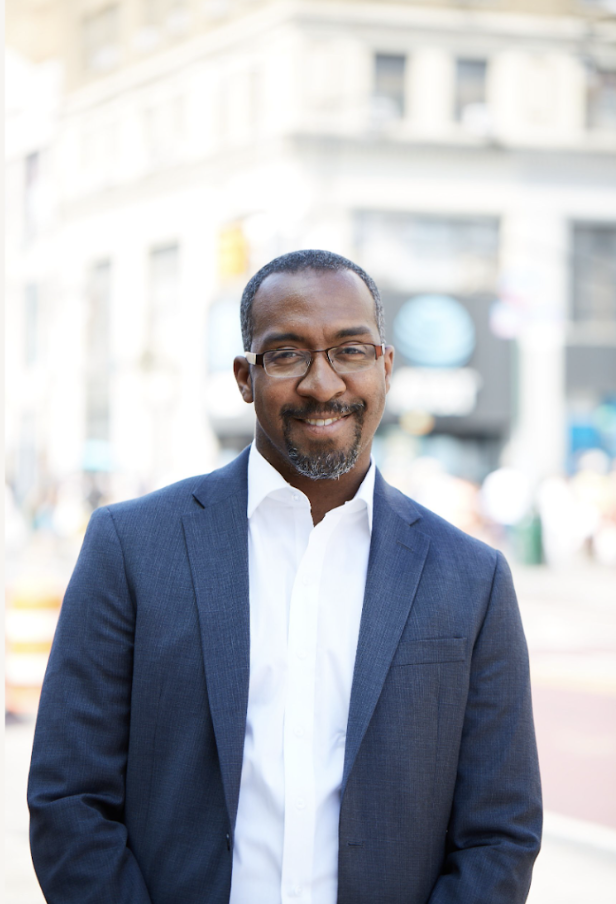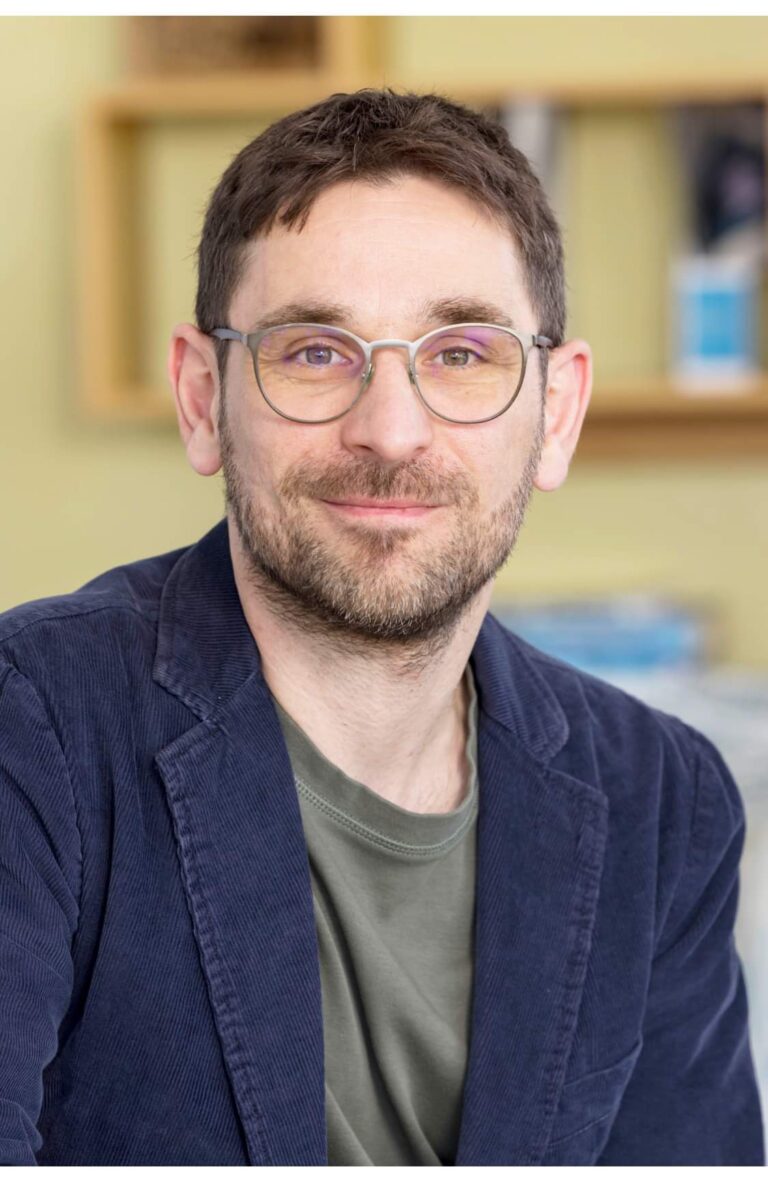2025 Keynote Speaker Dr. Hakeem Leonard, Ph.D., MT-BC
Dr. Hakeem Leonard is Associate Professor of Music Therapy and Assistant Provost for Inclusion, Diversity, and Equity at Shenandoah University in Winchester, Virginia, in the United States. Prior to becoming a faculty member, he ran a music therapy private practice in Tallahassee, Florida where he engaged with, supported the experience of, and advocated for multiple client communities. Both his social positionality and roles are informed by continual meditation on justice and belonging and a disposition to move through the world with cultural humility. He is passionate about student learning, holistic professional development, resource-oriented approaches to teaching and therapy, and lifespan development and growth. He is also intent on employing a global perspective with the unifying value of music as a human right. His music therapy scholarship has ranged topics such as equity, anti-colonialism, Hip-Hop, music technology, aesthetics, pain management, and global MT practices. As a speaker, he enjoys offering his experience, knowledge, and his own questioning to invite collaborative sense-making and transformative learning.



